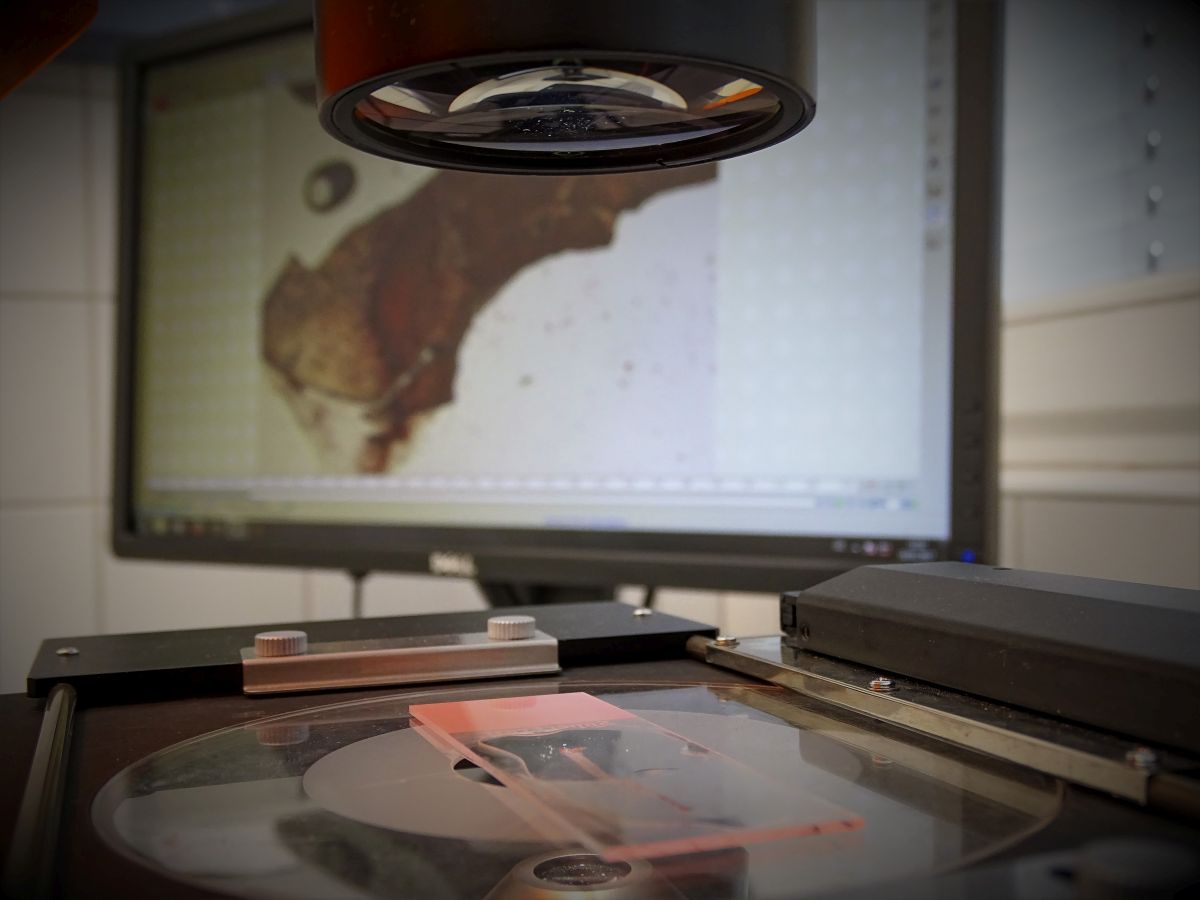Research
Our laboratory has a strong interest in translational cardiovascular research and particularly focuses on molecular mechanisms of vascular dysfunction and regeneration in the context of cardiovascular disease. With our research, we aim to identify novel therapeutic strategies to improve vascular dysfunction and disease in individuals at high cardiovascular risk. Furthermore, we are interested in biomarkers suitable for predicting cardiovascular outcome in cardiovascular high-risk individuals and we explore the pharmacogenetics of drug transporters. We work in different systems, i.e. in primary mammalian cells and genetically engineered mice, in which we study the pathogenesis of vascular dysfunction and regeneration using experimental models of atherosclerosis, inflammation, and angiogenesis. To accomplish our research goals, we use a broad spectrum of state-of-the-art protein biochemistry, histology, and molecular/cell biology methods along with advanced dynamic imaging techniques.
Current research focus of the laboratory
- Role of G protein-coupled receptors in angiogenesis
- Live cell imaging techniques to evaluate angiogenesis in vitro
- Isoprostanes as biomarkers and mediators of cardiovascular disease
- Role of vascular thromboxane A2 receptors in atherosclerosis.
- Pharmacogenetics of ATP-binding cassette (ABC) transporters





